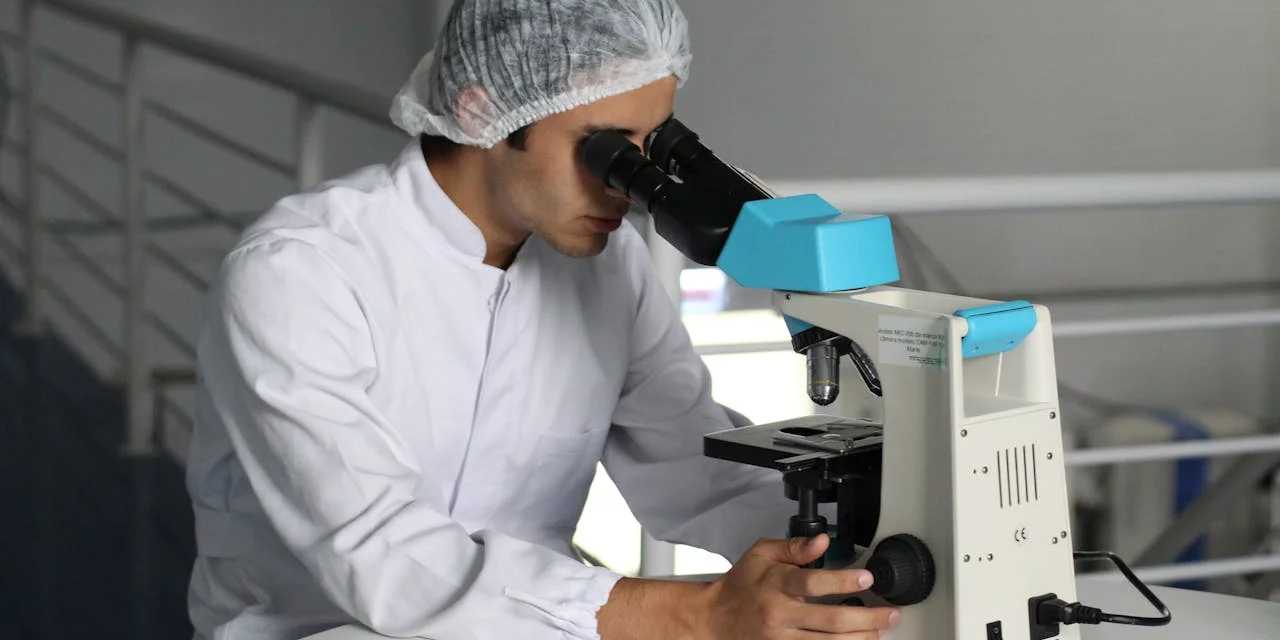
Amgen Unveils New Research on Otezla® (Apremilast) at AAD 2024
Amgen, a leader in biotechnology, has disclosed fresh findings from the Phase 3 SPROUT trial, investigating Otezla® (apremilast) in children and adolescents aged 6 to 17 with moderate to severe plaque psoriasis over a 52-week period. These pivotal results, coupled with insights from a Phase 3 study on Otezla in palmoplantar pustulosis, will be showcased at the 2024 American Academy of Dermatology (AAD) Annual Meeting, held from March 8-12 in San Diego.
Ponda Motsepe-Ditshego, Vice President of Global Medical at Amgen, expressed, “These findings underscore Amgen’s dedication to exploring innovative treatments for inflammatory skin conditions. A decade post the launch of Otezla, our commitment remains unwavering in assessing how this oral therapy can enhance patient care and alleviate the burden of disease, particularly in underserved populations.”
SPROUT Phase 3 Study Results from SPROUT, a rigorously conducted trial involving multiple centers, have underscored the efficacy and safety of Otezla in pediatric patients (aged 6 to 17) with moderate to severe plaque psoriasis. The study revealed sustained enhancements in psoriasis severity and skin involvement over the course of a year. Notably, the safety profile remained consistent with previous Otezla studies. These findings supplement the previously published 16-week results.
Dr. Loretta Fiorillo, Clinical Professor of Pediatrics at the University of Alberta, remarked, “This marks the first time we have comprehensive one-year data on a potential oral treatment for children and adolescents grappling with moderate to severe plaque psoriasis, a group currently devoid of any approved oral treatment options. By the 52-week mark, over half of the patients achieved clear or nearly clear skin, signifying Otezla’s sustained efficacy and its potential to transform the lives of families grappling with this chronic inflammatory disease.”
All participants in the study received Otezla for a 36-week extended active treatment period post the initial 16-week randomized placebo-controlled phase, offering a comprehensive 52-week dataset. Of the 186 patients completing the extension, 125 continued Otezla, while 61 switched from placebo.
Key findings include:
- 56.3% of patients receiving Otezla through week 52 achieved a static Physician Global Assessment (sPGA) response (score of ≥3), the study’s primary endpoint.
- 52.5% of patients switching from placebo to Otezla attained sPGA response at week 52.
- 71.4% of patients receiving Otezla through week 52 achieved Psoriasis Area and Severity Index (PASI)-75, a secondary endpoint assessing disease severity and skin involvement.
- 75.4% of patients switching from placebo to Otezla achieved PASI-75 at week 52.
- Treatment-emergent adverse events (AEs) remained consistent with Otezla’s established safety profile in adults, with common AEs (>10%) including nausea, diarrhea, abdominal pain, vomiting, and headache.
These findings will be presented as an e-poster accompanied by an oral presentation on Saturday, March 9 at 4:50 p.m. PST.
Phase 3 Late-Breaking Palmoplantar Pustulosis Findings Amgen will also unveil late-breaking findings from a Phase 3 investigation evaluating Otezla’s efficacy and safety in patients with moderate to severe palmoplantar pustulosis in Japan, following inadequate response to topical therapy. Palmoplantar pustulosis is characterized by pustules on the palms and soles, posing treatment challenges with limited options available.
Dr. Melinda Gooderham, Dermatologist and Clinical Investigator at SKiN Centre for Dermatology, Ontario, Canada, highlighted, “Palmoplantar pustulosis can significantly impair daily functioning due to its painful effects on the hands and feet, necessitating novel therapeutic options for this impactful inflammatory skin condition. The study showcased at AAD demonstrated substantial improvements in disease severity, symptom relief, and patient-reported quality of life among those treated with Otezla compared to placebo.”
The randomized, placebo-controlled, double-blind study included 176 patients, evenly divided between Otezla and placebo groups, for 16 weeks, meeting all primary and secondary endpoints.
Key findings include:
- 67.8% of patients receiving Otezla achieved the primary endpoint of PPPASI 50 (>50% improvement in the Palmoplantar Pustulosis Area and Severity Index), significantly higher than the placebo group (35.3%; P<0.0001).
- Statistically significant improvements in all secondary endpoints were observed with Otezla, including changes in PPPASI, PPSI (Palmoplantar Pustulosis Severity Index), Patient Visual Analogue Scale of palmoplantar pruritus and pain/discomfort, and DLQI (Dermatology Life Quality Index).
- Treatment-emergent AEs were consistent with Otezla’s known safety profile, with common AEs (>10%) including diarrhea, soft feces, headache, and nausea.
These findings will be presented as a late-breaking oral presentation on Saturday, March 9 at 9:20 a.m. PST.
Additional Research Highlights at AAD Amgen will also present several other research abstracts on Otezla at AAD, covering a spectrum of topics including long-term impact on cardiometabolic parameters, treatment outcomes in psoriatic arthritis, and efficacy in various subpopulations of plaque psoriasis patients.




